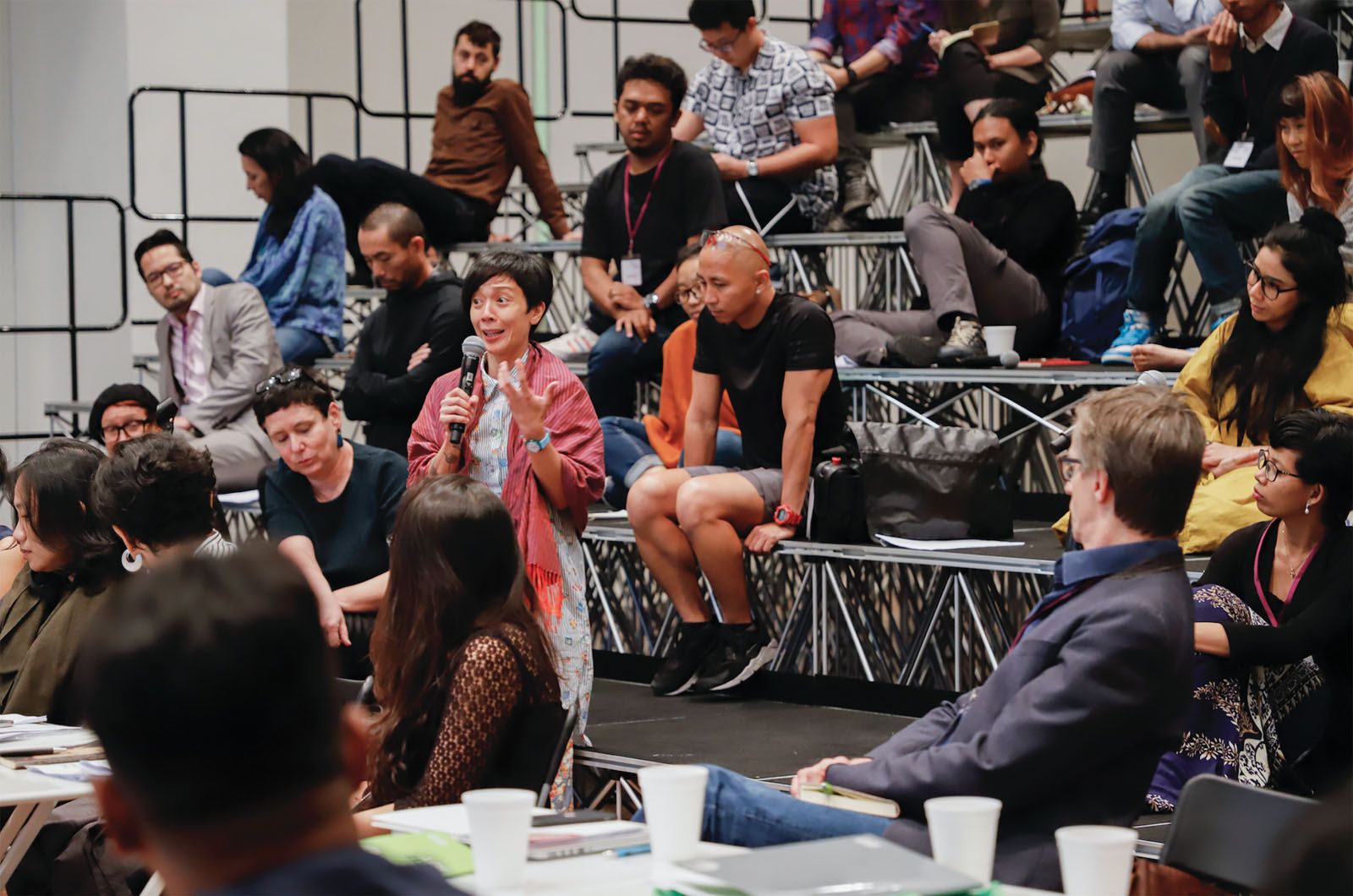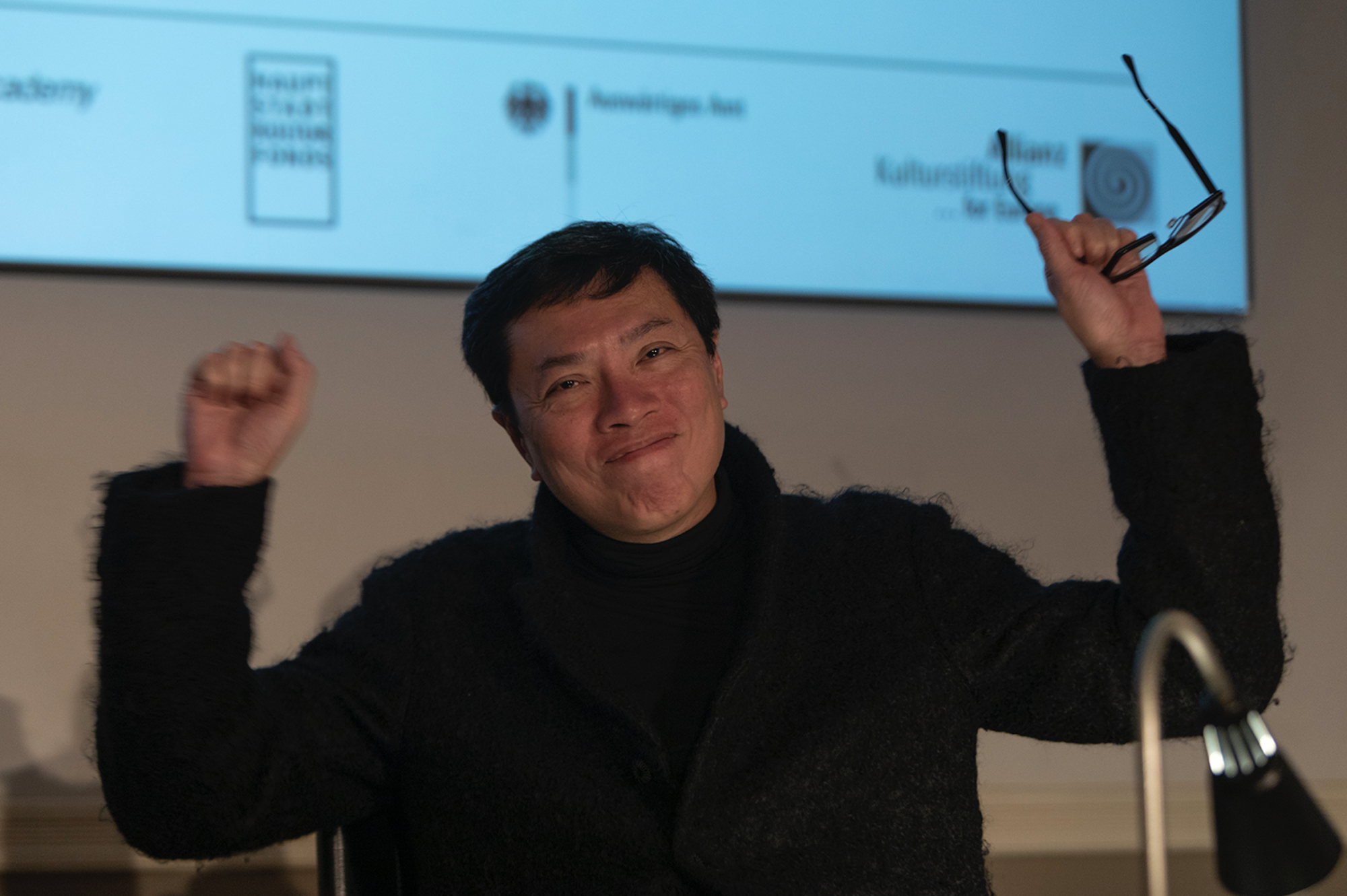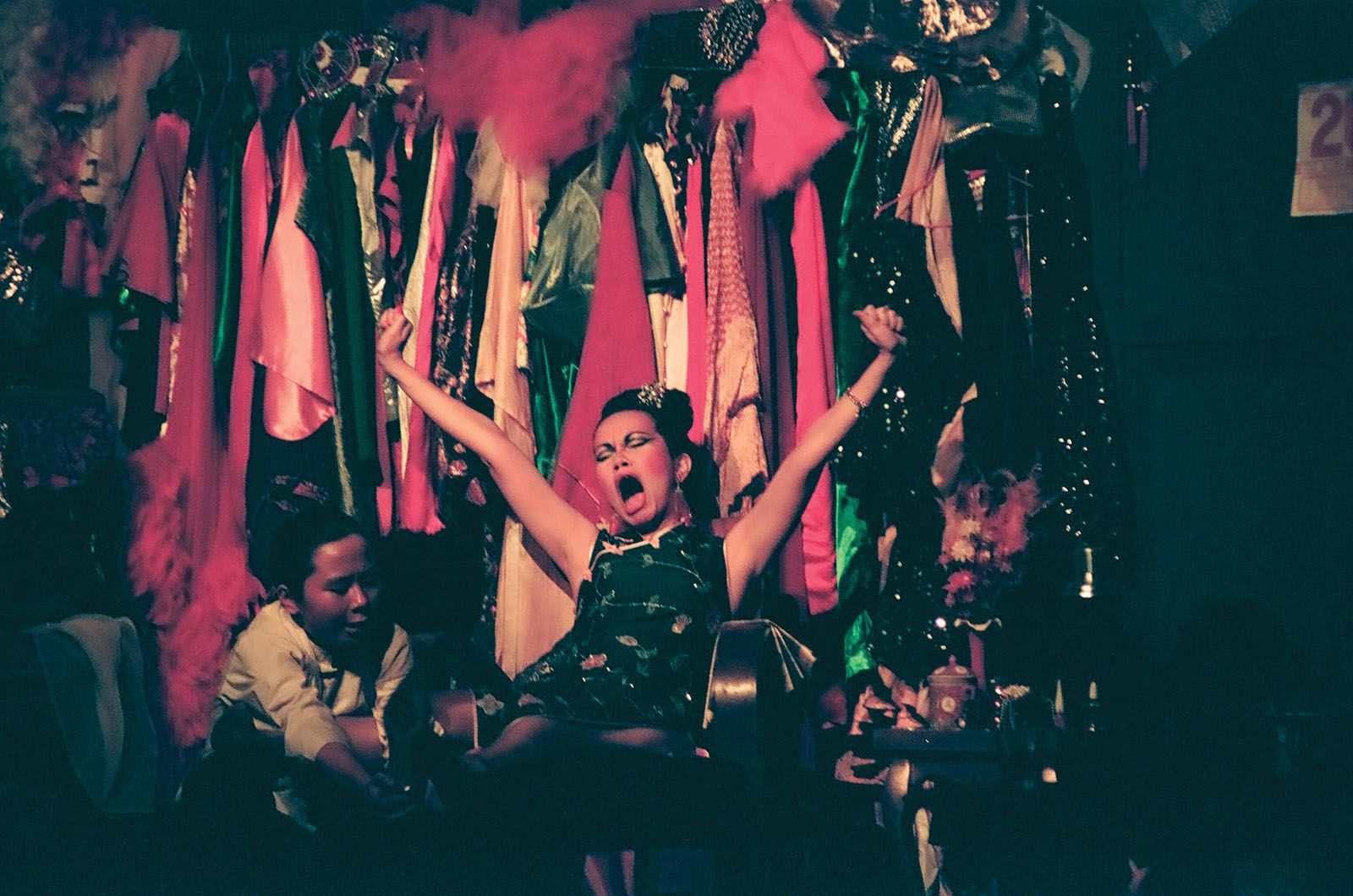Ong returns as artistic director of the newly rebranded T:>Works, leading the arts company in its next chapter with a focus on thought leadership and works beyond theatre
“I’m interested in not just becoming a good artist but becoming a good person,” declares theatre director Ong Keng Sen during our Zoom interview, just before the end of Singapore’s circuit breaker period. The topic on hand: what will a post-Covid arts scene look like? “As we look more and more at digitalisation, it’s not just the digitalisation of the arts but the digitalisation of life. I’m actually more concerned about that and how it will, hopefully, lead to more equity, more justice and more accessibility for everyone.”
This notion of how art and life intertwine is recurring throughout our conversation. “The arts cannot be perceived in isolation; the arts is in life itself. If anything, the biggest issue that I face with the Singapore arts scene is that people are not so involved in life, they are only interested in making art. And hence, there’s very often an unwillingness to commit to larger issues that are happening in Singapore.”
(Related: The Artling's Talenia Phua Gajardo Shares Her Favourite Online Art Resources To Enjoy From Home)

One thing is for sure, the global pandemic has accelerated the pace of digital transformation, changing the way we live, work, and play—and the arts sector has been quick to adapt, from galleries and fairs opening up virtual viewing rooms to theatre companies offering free access to their archives online. During this time, TheatreWorks, one of the leading theatre companies in Singapore—and the most international—has taken the opportunity to reinvent itself and set a new direction.
For one, Ong has been reappointed the company’s artistic director after a decade away, during which time he completed his PhD in performance studies at the Tisch School of the Arts in New York University last September, and also brought new perspectives to the national arts festival, which he renamed the Singapore International Festival of Arts, from 2013 to 2017. Since returning to the company, which he has led since 1988, he rebranded it as T:>Works (read as TWorks) and expanded its focus on thought leadership in the arts through a transdisciplinary, transcultural and inclusive lens.
There will also be a strong emphasis on education, research and discourse in the context of Southeast Asia, while exploring the current urgencies of being located in Singapore through various medium beyond theatre, including visual arts, films, choreographies and sound works.
(Related: How Female Entrepreneurs in Singapore Adapted Their Businesses Throughout the Covid-19 Pandemic)






